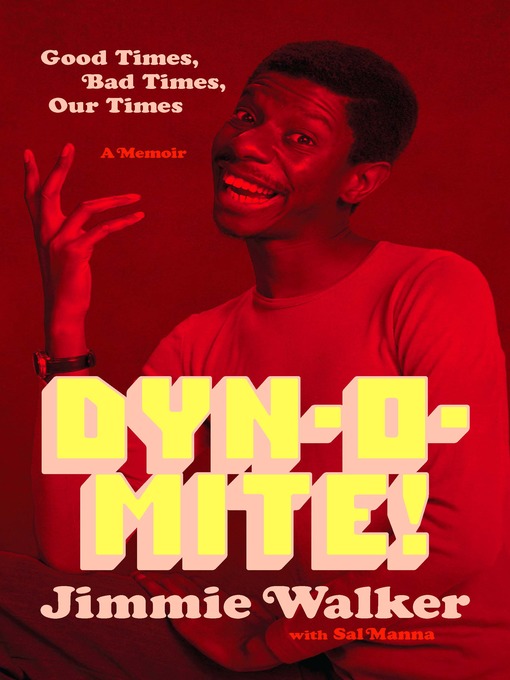Walker made “Dyn-o-mite!” a catchword for the Baby Boomer generation. Today, Dyn-o-mite! will inspire that same generation to rediscover what once made America great—the freedom of thought, the freedom of speech, and the belief in the individual.
- New eBook additions
- Available now
- Most popular
- Try something different
- Resources for Library Staff
- Just Added
- Library Science
- See all ebooks collections
- Always Available Audiobooks
- 2024 AudioFile Earphones Awards
- Available now
- New audiobook additions
- Most popular audiobooks
- Try something different
- Just Added
- See all audiobooks collections


